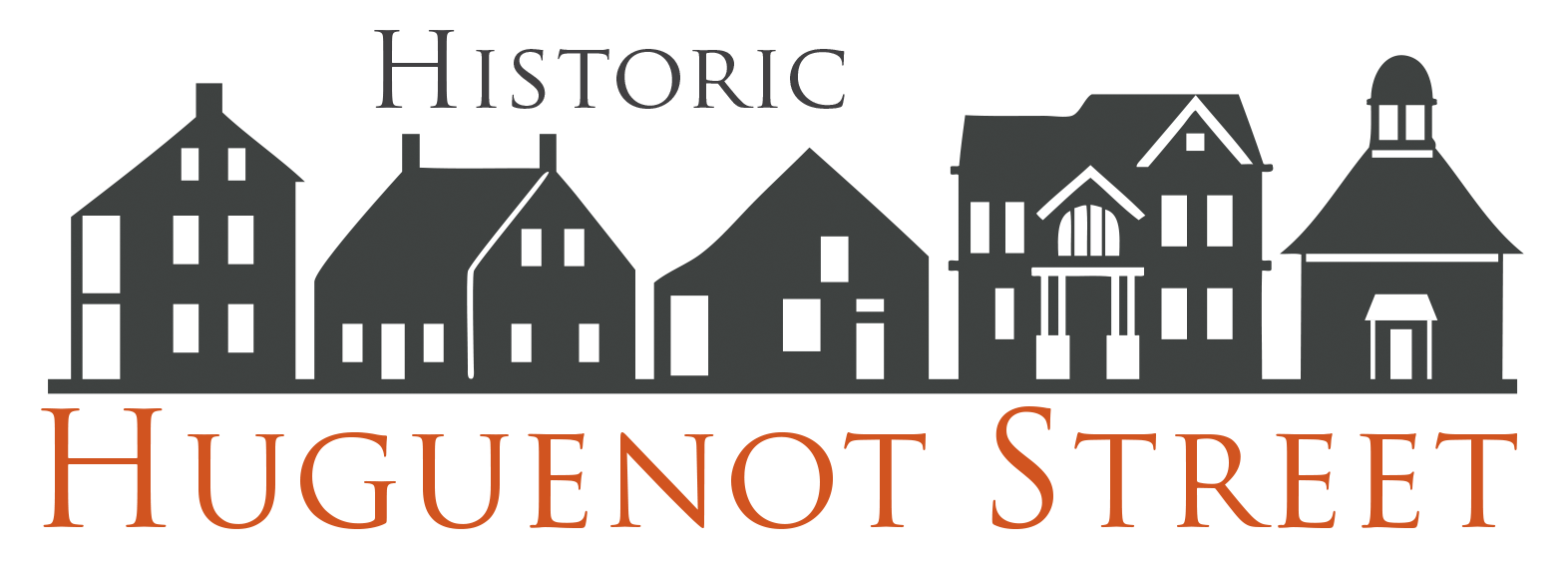Historic Huguenot Street to Host Lecture
on Enslavement Among the Dutch Reformed Churches
of Ulster County and NJ’s Raritan Valley
NEW PALTZ, NY (March 13, 2018) – On Saturday, April 7, at 4 pm in Deyo Hall (6 Broadhead Avenue), Historic Huguenot Street (HHS) will host “That class of people called Low Dutch,” a lecture on African enslavement among the Dutch Reformed Churches of New York’s Ulster County and New Jersey’s Raritan Valley, presented by Wendy E. Harris and Helene van Rossum.
In her memoirs, Sojourner Truth referred to the Dutch communities in Ulster County — to which her first owner, Colonel Johannes Hardenbergh, belonged — as “that class of people called Low Dutch.” Drawing upon a variety of resources from research facilities in Ulster County and New Brunswick, NJ, Harris and van Rossum will highlight enslavement among the powerful Hardenbergh family, as well as connections between Dutch Reformed congregations in Ulster County and those in Central New Jersey’s Raritan Valley, traceable through the ministries of Theodorus Jacobus Frelinghuysen (1691–1747), Johannes Frelinghuysen (1727–1754), and Jacob Rutsen Hardenbergh (1736–1790), the first president of Queen’s College (presently Rutgers University).
Wendy E. Harris is an Ulster County-born archaeologist and historic preservation consultant. In 2002, she and fellow archaeologist Arnold Pickman formed Cragsmoor Consultants. Unexpected findings from recent projects conducted for the Cragsmoor Conservancy, the Cragsmoor Historical Society, and the Village of Ellenville/Town of Wawarsing Joint Historic Preservation Commission led to Harris’ current interest in the history of African enslavement in what were once the Ulster County hinterlands.
Helene van Rossum, a Dutch-born archivist and writer, is the Public Services and Outreach Archivist at Rutgers University Special Collections and University Archives. Among the repository’s Dutch holdings, she found the farm ledgers of major slave holder Johannes G. Hardenbergh (1731-1811), cousin of Jacob Rutsen Hardenbergh and Colonel Johannes Hardenbergh, which led to her interest in Dutch communities in Ulster County.
About Historic Huguenot Street
A National Historic Landmark District, Historic Huguenot Street is a 501(c)3 non-profit that encompasses 30 buildings across 10 acres comprising the heart of the original 1678 New Paltz settlement, including seven stone houses dating to the early eighteenth century. Historic Huguenot Street was founded in 1894 as the Huguenot Patriotic, Historical, and Monumental Society to preserve the nationally acclaimed collection of stone houses. Since then, Historic Huguenot Street has grown into an innovative museum, chartered as an educational corporation by the University of the State of New York Department of Education, that is dedicated to protecting our historic buildings, preserving an important collection of artifacts and manuscripts, and promoting the stories of the Huguenot Street families from the seventeenth century to today.
###
Contact
Kaitlin Gallucci
Director of Marketing & Communications
(845) 255-1660
media@huguenotstreet.org
